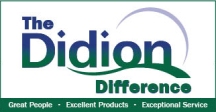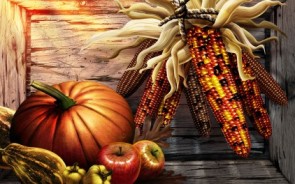
Thanksgiving week is a time to express our thanks to those who have helped us grow and have made a difference in our lives. This year we’d like to show special appreciation for nine groups of people who have made special efforts to help us get to where we are today.
9. National/Wisconsin Corn Growers Association
Our corn growers associations do a great job educating the public about the good things corn farmers do to produce the safest, healthiest, most efficient, abundant and sustainable corn crop in the world. We appreciate their support for food and fuel production with corn.
8. Renewable Fuels Association
We’re thankful for RFA as the authoritative voice for the ethanol industry. The organization’s continued efforts to expand markets for ethanol and promote friendly policies, programs and initiatives help us to continue growing our business. Their work to improve public awareness about the benefits of renewable fuels is vital to our industry.
7. North American Millers’ Association
NAMA enables its members to grow and prosper through education, advocacy, regulation, legislation, trade, supply and consumption. We are grateful for their efforts on behalf of the milling industry to promote the utilization and consumption of dry milled, grain-based products.
6. The local community
We appreciate the opportunity to do business in a rural community. It has been a pleasure to get to know the people in the community and we’re happy to support them through our corporate programs and the Old Mill Foundation.
5. Strategic vender partners
We’re thankful for our vendor partners and their efforts to help us in our mission of constant improvement. It has been a pleasure growing our businesses together. We’re excited to see what the future brings working together!
4. Our producer partners
Local farmers have been at the core of our business since we opened our doors more than 40 years ago. We are proud to work with some of the most efficient and sustainable farmers in the world. You inspire us to maximize the value of every kernel we process in our facilities and keep the value add in our communities. Click here to view our producer thank you video.
3. Our customers
We have the great pleasure to work with wonderful friends, our customers. It has been a joy to serve you and grow with you. We are excited to see what new opportunities we can discover together in 2014!
2. Our families
Our staff families are a big part of our organization. We sincerely appreciate your care and support as we work to achieve our goals. Thank you to all of the families that make up our Didion family – we couldn’t do it without you.
1. Our great people
Finally, we’re thankful for the great people we work with at Didion. Our employees are the heartbeat of the organization as we develop great people and make quality products from grain. We are thankful to employ people with shared core values. Thank you for your role in helping us feed and fuel the world.
May you and all your friends and family have a safe and happy Thanksgiving!
By John Didion, CEO of Didion Milling


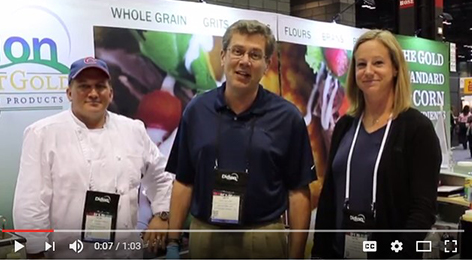





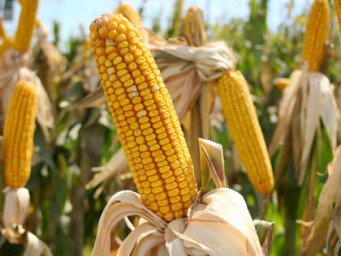 rn
rn![fresh-picked-corn[1]](https://freshoffthecob.files.wordpress.com/2015/06/fresh-picked-corn1.jpg?w=366&h=249) Sweet Corn
Sweet Corn


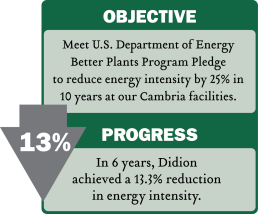


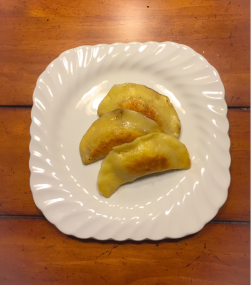

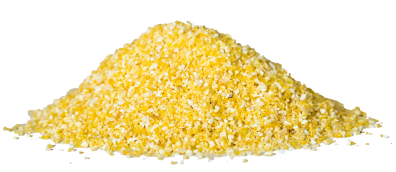

![RFA Illustration[4]](https://freshoffthecob.files.wordpress.com/2015/06/ethanol-infographic.jpg?w=374&h=292)

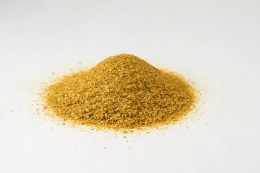 DDGS at Didion Milling
DDGS at Didion Milling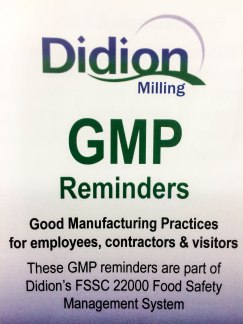







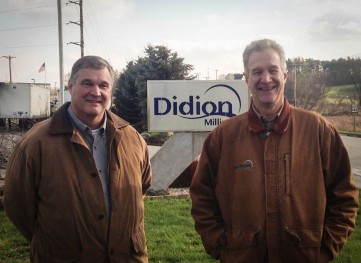




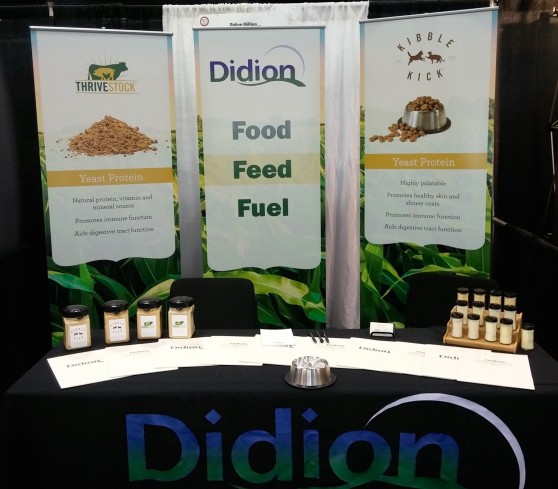


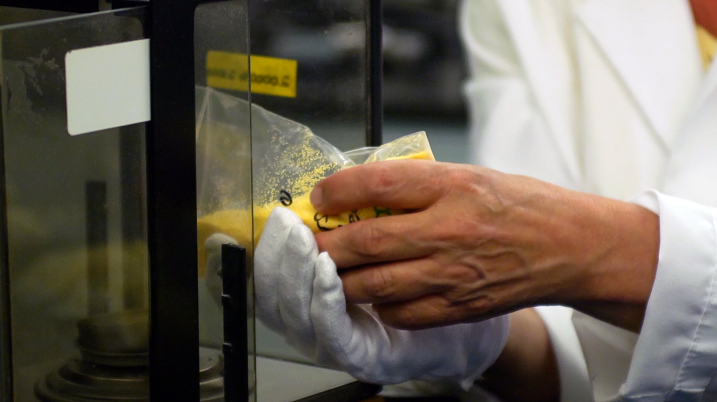
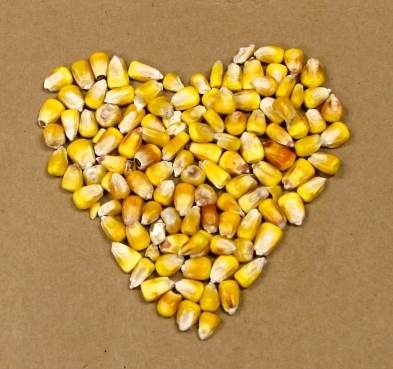


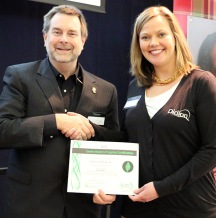




 We are excited to share all the exciting things going on at Didion – from our new whole grain capabilities to our recent gluten-free certification and Food Safety System Certification (FSSC) 22000. We’re looking forward to seeing you there!
We are excited to share all the exciting things going on at Didion – from our new whole grain capabilities to our recent gluten-free certification and Food Safety System Certification (FSSC) 22000. We’re looking forward to seeing you there!



